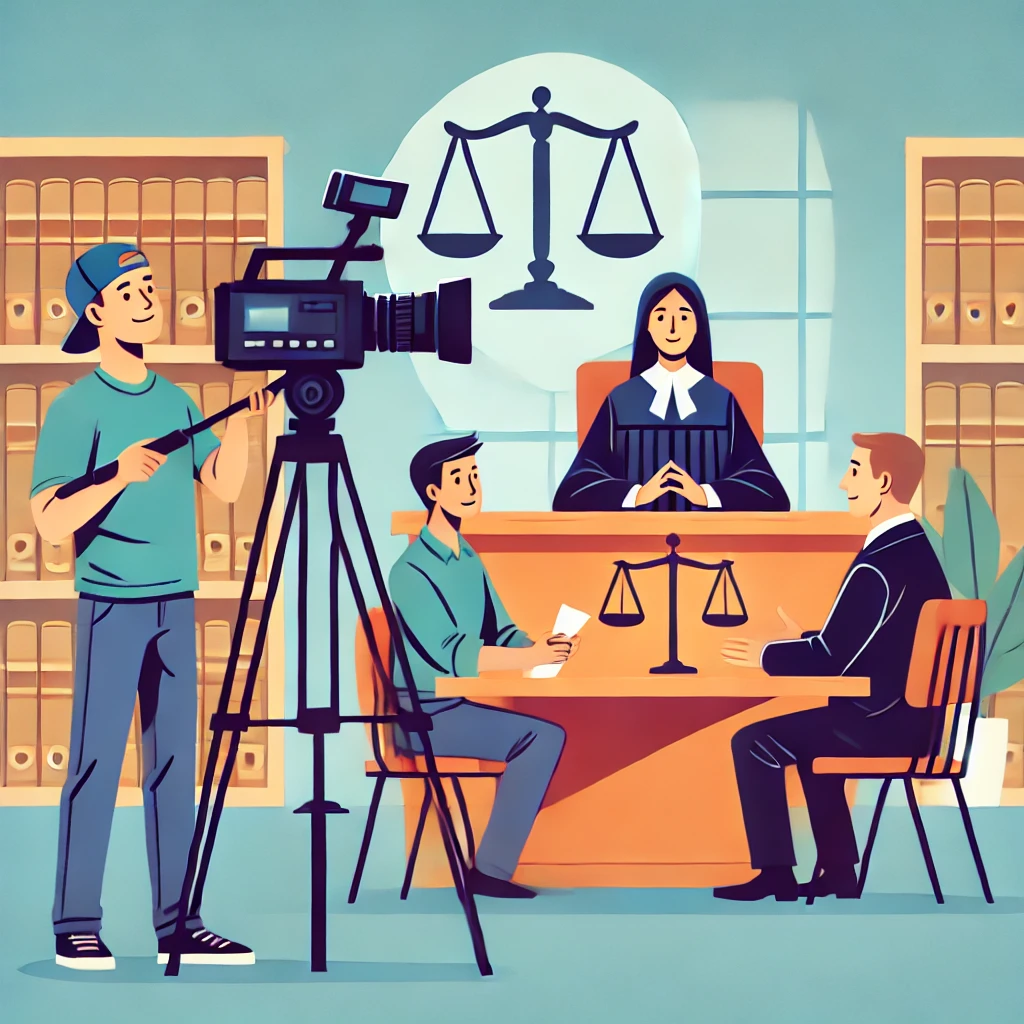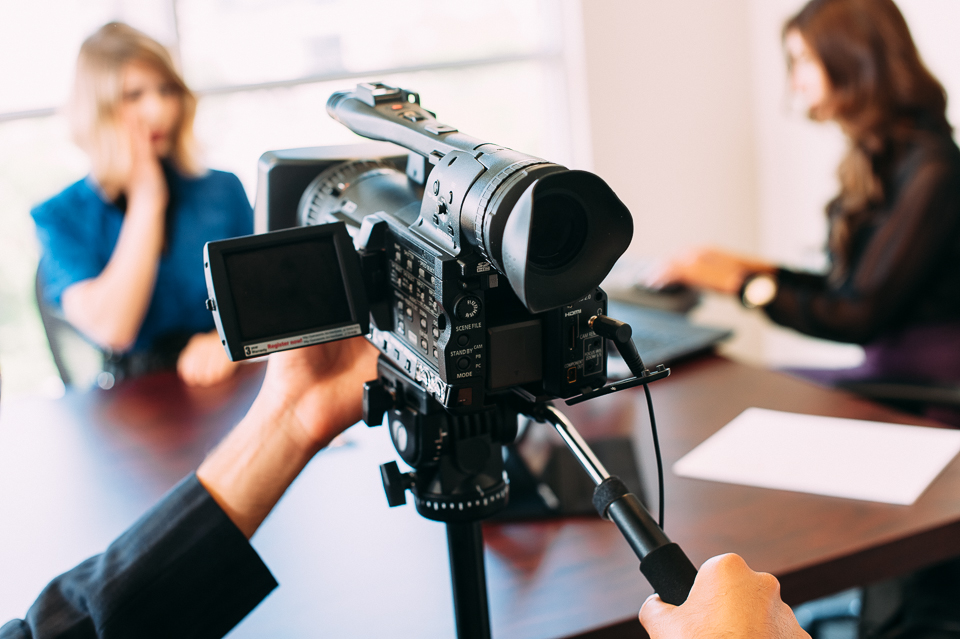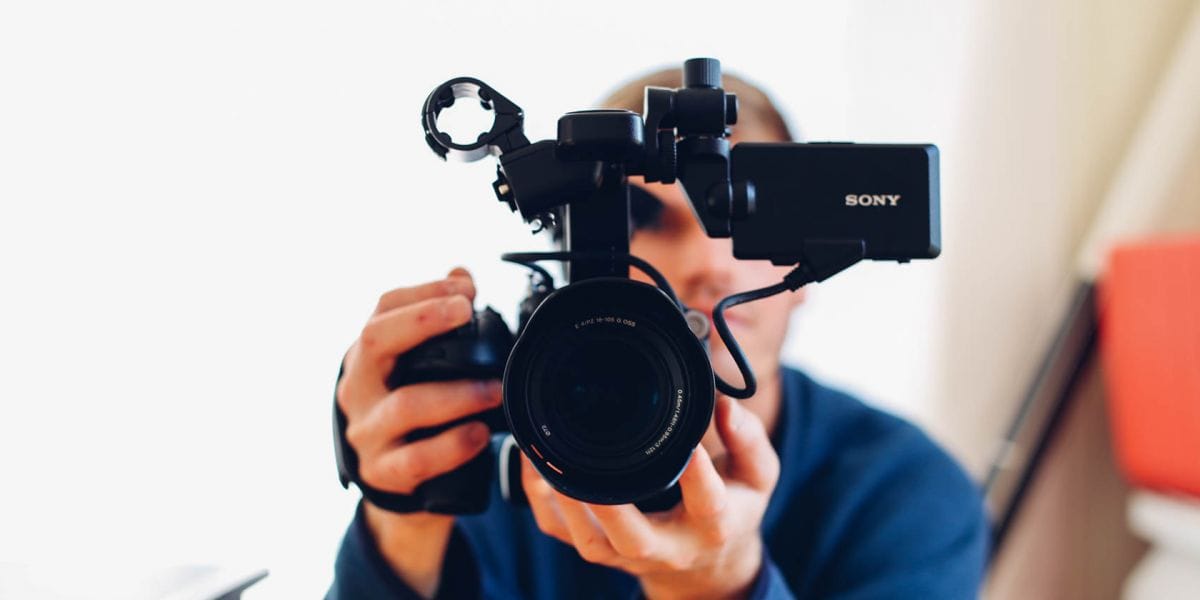Advanced Legal Videography Solutions for Legal Professionals.
Advanced Legal Videography Solutions for Legal Professionals.
Blog Article
The Function of Legal Videography in Depositions and Trials
Lawful videography has actually become an essential device in both depositions and tests, providing a diverse method to documenting witness testaments. By recording not only the spoken word however also the subtleties of non-verbal communication, this medium boosts the credibility of testaments and preserves vital evidence for future proceedings (legal videography). As lawful professionals increasingly acknowledge its worth, it triggers a much deeper evaluation of how these aesthetic documents can affect juror understandings and trial outcomes. What implications might these advancements hold for the future of lawful technique?

Importance of Lawful Videography
Lawful videography plays a pivotal function in the paperwork and presentation of depositions and trials. This customized field integrates technical skills with legal understanding to create a reputable document of process that can considerably affect case results. The visual facet of legal videography improves the understanding of witness statement, permitting jurors and courts to observe not only the talked words however also the temperament, emotions, and body movement of the witnesses.
In addition, legal videography provides an objective account of occasions, minimizing the capacity for misconception that can accompany written transcripts alone. This visual documentation acts as a critical tool during test presentations, helping with a clearer and more influential narrative for both complainants and accuseds. In addition, the capacity to replay video segments throughout court process makes it possible for legal teams to emphasize bottom lines, enhancing their disagreements effectively.
The importance of lawful videography extends past the court; it likewise plays an essential role in preserving proof for future reference, whether for allures or additional lawful activity. Its integration into the legal process is important for making certain a fair and exact depiction of the truths, inevitably contributing to the pursuit of justice.

Process of Legal Videography
While recording the nuances of depositions and tests, the process of lawful videography entails a number of essential steps that make certain high-grade, precise recordings. An expert lawful videographer prepares by evaluating the situation products and understanding the particular demands of the deposition or test. This preparation consists of acquainting themselves with the participants and the context, which helps in catching essential information.
On the day of the recording, the videographer sets up the essential equipment, which usually consists of high-def cams, microphones, and proper lighting. Making sure optimal angles and audio top quality is crucial, as it directly affects the effectiveness of the recording. The videographer communicates with lawyers and individuals to establish protocols, guaranteeing that every person understands the recording procedure.
During the deposition or test, the videographer meticulously tapes the process, paying attention to both verbal and non-verbal cues. This consists of recording the behavior and reactions of witnesses and lawyers. After the session concludes, the videographer may modify the video for clearness and conformity with legal requirements, generating an end product that precisely mirrors the procedures for future referral and usage in legal contexts.
Benefits in Depositions
The incorporation of videography in depositions supplies various advantages that boost the general procedure of collecting evidence. One main benefit is the ability to record witness statements with aesthetic and acoustic integrity, giving a much more accurate representation of the witness's disposition, tone, and body language. This multidimensional technique enables attorneys and courts to analyze trustworthiness better than traditional written records alone.
In addition, videographed depositions serve as a powerful tool for maintaining statement. Needs to a witness come to be inaccessible for trial, their tape-recorded deposition can be played in court, making certain that their proof continues to be available and appropriate. This element significantly reduces the threat of losing critical details that could impact instance outcomes.

Lastly, videography improves the total professionalism of the deposition process, instilling confidence in customers regarding the thoroughness of their legal representation (legal videography). By leveraging innovation, lawful experts can significantly improve the effectiveness of depositions
Influence On Tests
In lots of tests, the integration of videography can dramatically influence the discussion of evidence and the jury's perception. Legal videography captures witness testaments and essential proof in a dynamic layout, permitting jurors to engage with the material on numerous degrees. This aesthetic component improves the storytelling facet of a trial, giving context and emotional vibration that conventional text-based evidence may lack.
In addition, video clip recordings can act as powerful devices for impeachment during interrogation. When inconsistencies occur between a witness's prior statements and their more information court statement, video proof offers an objective recommendation that can persuade jurors' viewpoints. This immediacy and quality can strengthen the reputation of a party's narrative while simultaneously weakening opposing debates.

Future Trends in Legal Videography
As we look toward the future of lawful videography, a number of arising trends promise to reshape its role within the court room. One significant trend is the integration of synthetic intelligence (AI) in video evaluation and editing and enhancing. AI can enhance the process of recognizing crucial moments in recorded depositions, permitting lawyers to promptly access relevant web content, thereby enhancing effectiveness in instance prep work.
Additionally, the surge of digital fact (VIRTUAL REALITY) and increased reality this hyperlink (AR) technologies is anticipated to change just how jurors experience evidence. legal videography. By immersing jurors in a substitute setting, these technologies can supply a more profound understanding of intricate scenarios, resulting in more informed deliberations
Moreover, the enhancing demand for remote depositions, sped up by the COVID-19 pandemic, will likely continue. Legal videographers will certainly need to adapt to brand-new software and platforms to make certain premium recordings in digital setups.
Last but not least, the growing focus on information safety will demand stricter protocols for this post keeping and sharing video evidence. As the legal landscape advances, lawful videographers should remain abreast of these patterns to maintain their relevance and effectiveness in the judicial procedure.
Verdict
In recap, lawful videography offers an essential function in the judicial procedure, boosting the stability of depositions and tests. As modern technology proceeds to evolve, lawful videography is positioned to more transform its function within the lawful landscape.
Report this page